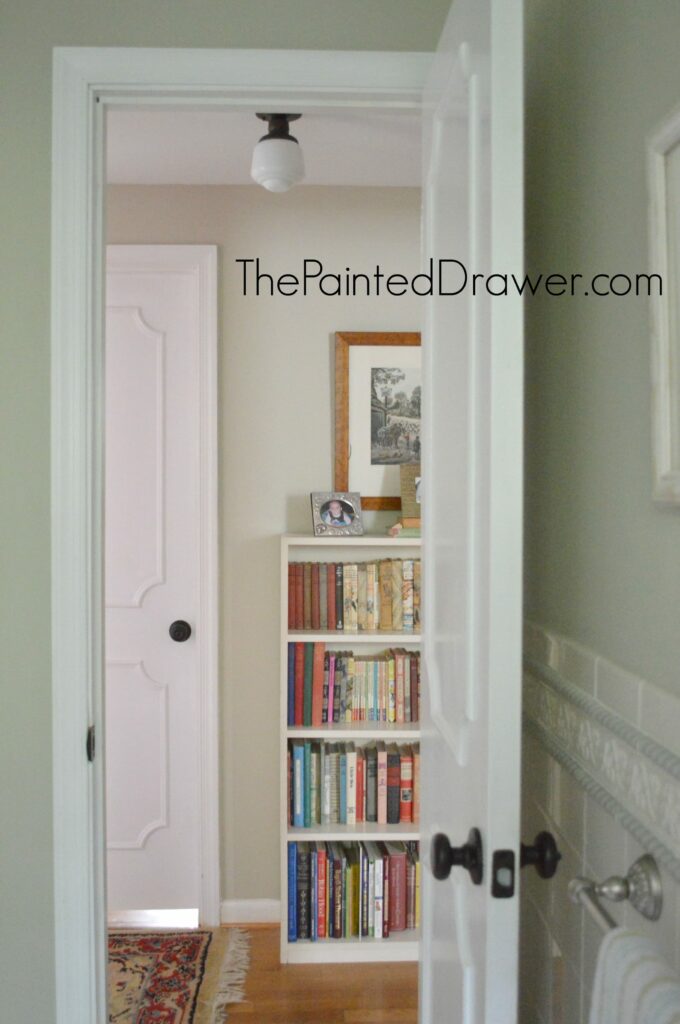When it comes to undertaking a home remodel, it can be tempting to splurge on those extra special finishes that elevate your new room and chosen design. As a good rule of thumb, you should aim to spend no more than 10% of the value of your home and remodel. If your home is worth $250,000, then your maximum remodeling budget should be $25,000.
The average home renovation costs from $10 – $150 per square foot depending on the room you are getting remodeled and the cost of the materials and contractors you use. When allocating your remodel budget, you should keep some things in mind to ensure you are aware of the costs involved in creating your new room before you look at buying the finishing touches to help you stick to a predetermined budget.
Make A Plan
One of the most important things you’ll need to do to keep costs down during your home renovation is to make a plan and stick to it as much as possible. Make a list of things that are a must-have and something that you want if your budget allows it. Determine what items can be removed from the list and which items must remain on the list no matter what. Prepare a realistic estimate of how much money you will be able to spend on each stage of the renovation.
Choose The Right Contractor
Preparation is vital before soliciting bids. Know exactly what you want, down to the type of kitchen countertop material and the type of faucet. It is possible to ensure that prospective contractors are all charging the same amount for the same items by specifying these details upfront.
Get recommendations for at least three contractors, such as a licensed electrician, general contractors, plumbers, etc., from people you know and trust, such as friends, neighbors, and other tradespeople. Provide each copy of your project description and specific product lists, and ask for an itemized bid. To locate the most qualified contractor, follow these steps:
- Check online reviews
- Ask for references
- Ask to see previous work
Have A Contingency Fund
It is good to add around 15-20% to the winning bid to allow for unforeseen circumstances. this will enable you to avoid having to find more money for any issues you haven’t anticipated. Always plan for the worst when it comes to home remodels, even smaller projects. In many cases, you never know what you will come across especially in older houses.
Project Management
You can save money by taking on this role yourself – but don’t underestimate the amount of work involved. Make an honest assessment of your ability to manage the work being carried out and determine whether you have the necessary time and expertise.
However, if you’re gutting and doing structural upgrades, you might not be the best person to oversee the project. If you’re only renovating one or two rooms, things should be relatively straightforward. Before you begin, educate yourself as much as possible about the scope of the project. The most crucial step is to determine a price for everything before any work takes place.
Please note that some of the links above and below are affiliate links, and at no additional cost to you. All opinions are my own.








